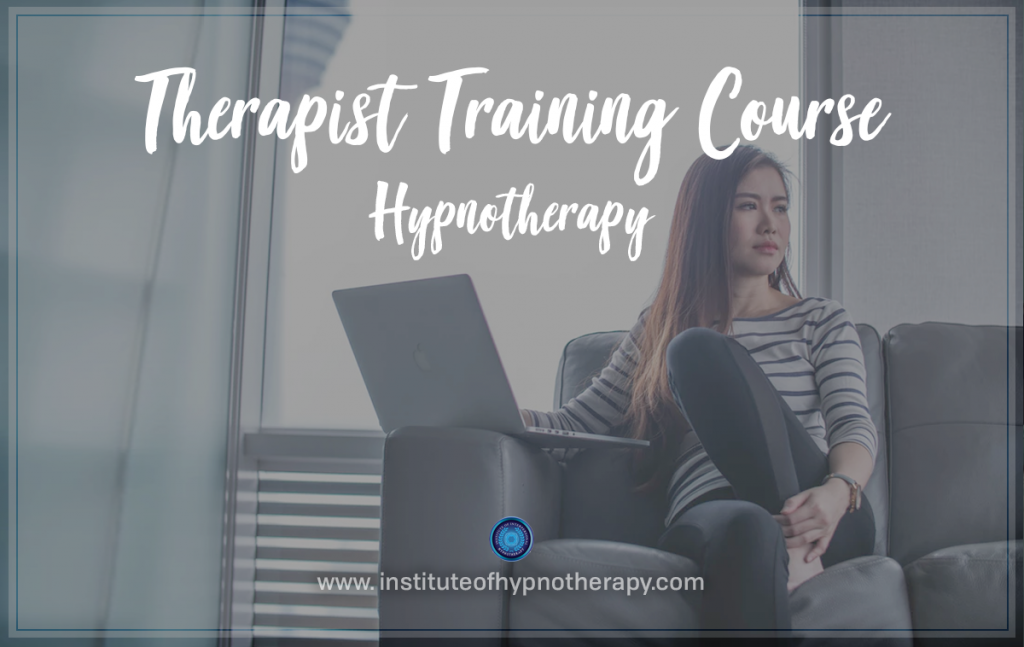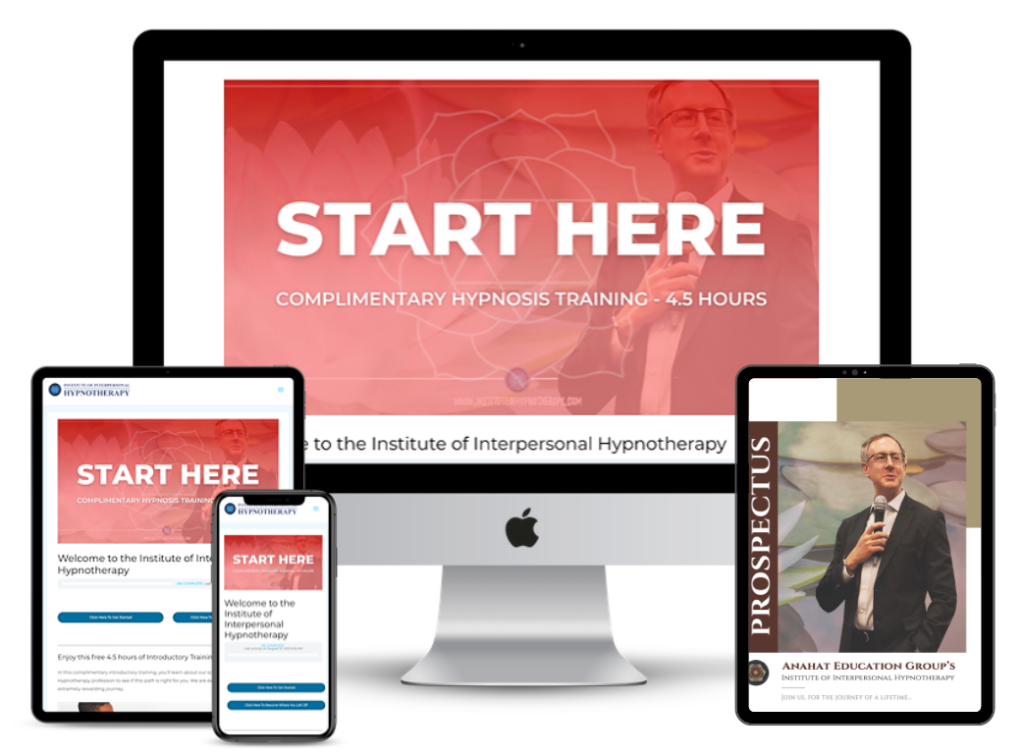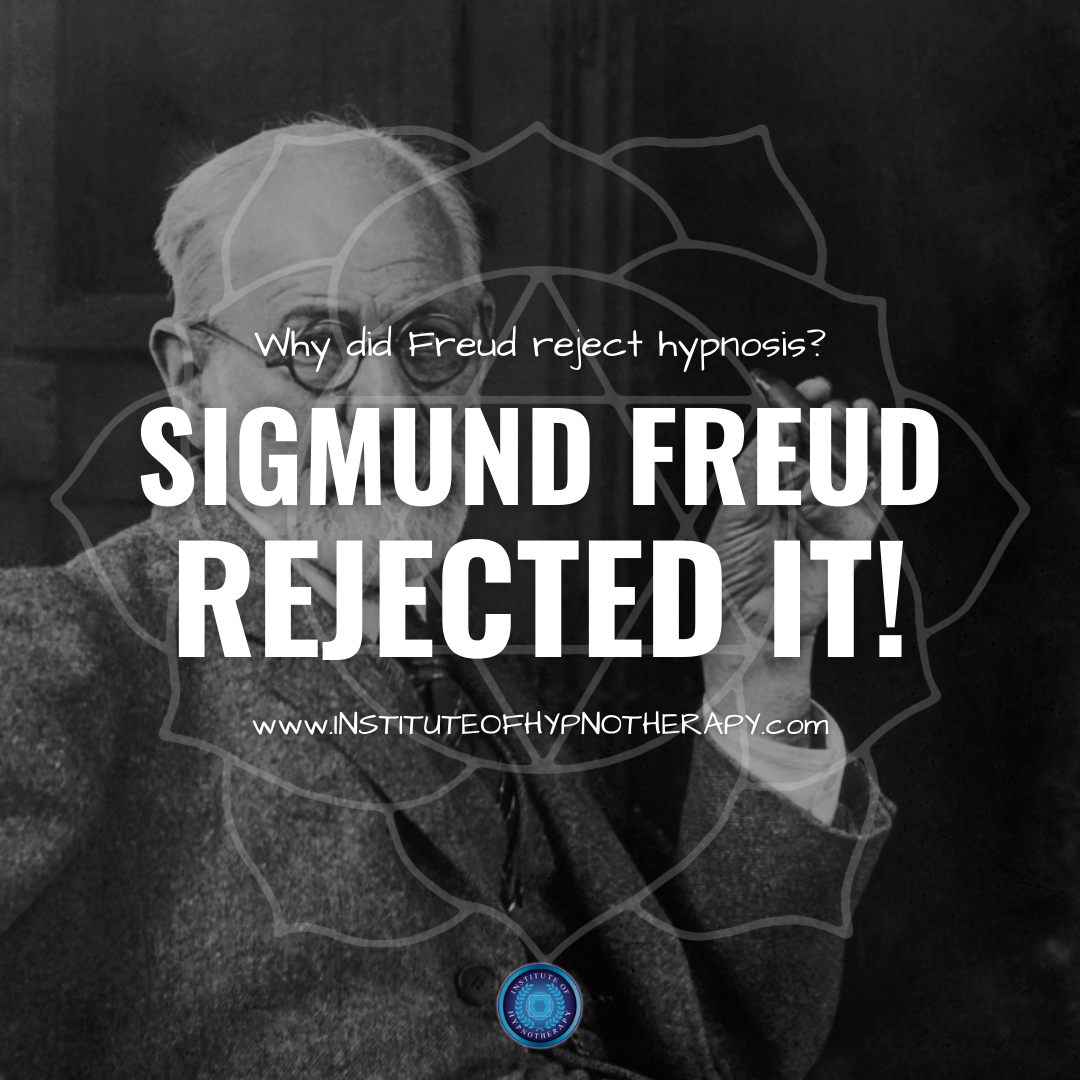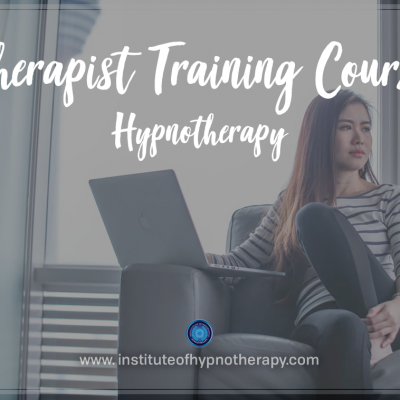The term “therapist” can mean many things to many people, yet in the field of “hypno-therapy,” we have our own definitions and understanding of who we are and what we do. An example of a therapist could be a psychotherapist, massage therapist, or physical therapist. Each occupation has its own scope of practice, in that the “therapist” can only work on certain issues with the range of their training and credentials. Hypnotherapists need to be especially careful when using this term, and have understand that the laws which govern our profession are crucial in operating a successful and ethical business.
What is a Hypnotherapist?
Since the 1970’s, the US Department of Labor has acknowledged that hypnotherapy is its own occupation and that the word “hypnotherapist” is an actual occupational title. This was a major leap forward in our field, as we were no longer only considered “lay hypnotists” if we did not have other credentials in the mental health or medical fields. A hypnotherapist is therefore a “therapist,” yet he or she must be careful about how advertising is done and what claims are made.
Generally, a hypnotherapist uses the altered state of mind known as hypnosis to help to bring about positive change within the client. No prior degrees are required to become a hypnotherapist, yet the prospective student is always advised to seek out State-Licensed Schools that offer 500 hours of hypnotherapy training or more.
What is Scope of Practice Assessment and why is it important in a hypno-therapy training course?
Scope of practice assessment is the ability for the professional to know when he or she is legally allowed to work on a condition, and when a referral is required by another licensed practitioner of the healing arts. This is easily illustrated through example. For instance, if a client comes in with pain, then we consider that a medical condition, and we need the referral of a physician to say that it is safe to use hypnosis to alleviate the discomfort. If the client comes to us with a mental health condition, such as bipolar disorder, then we need a referral from a licensed mental health practitioner before we would ever work on such a condition. However, if a client comes in because they want to sleep better, to raise their self-esteem, and to improve their relationships, then a referral is not required. In the first two instances, we are referring to “therapeutic” hypnosis and in the latter instance we refer to this an “non-therapeutic” hypnosis. Any solid hypnotherapy training course should discuss this matter with you in great detail as you can be in violation of state laws if this is not properly understood.
It can seem glamorous to call one’s self a “therapist,” yet when seeking out a therapist training course in hypnotherapy, be sure to find reputable schools that train you in ethics, semantics and law. Be sure that the school is licensed to offer true diplomas, and be sure that you get at least 500 hours of training so that you keep the standards of our profession high.
To learn more, browse our site www.InstituteofHypnotherapy.com or call our Admissions Office at 800-551-9247.
We are proud to be a leader in the field of Hypnotherapy and will be honored to discuss with you the potentials of what this training can do for you, your life, and the lives of countless others.










